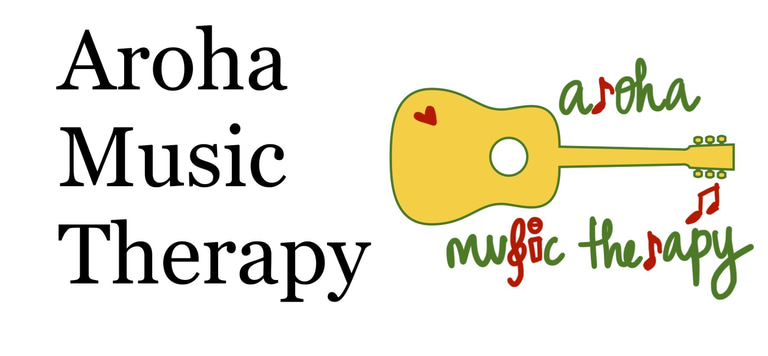The Unexpected Reminder of Music Therapy’s Impact in Memory Care
Discover how weekly music therapy sessions in memory care bring connection, joy, and hope to residents, staff, and families in assisted living.
10/3/20252 min read


Setting the Scene
Every Tuesday afternoon, I walk into the memory care unit of an assisted living community to lead a group music therapy session. Sometimes the room is quiet—residents resting in their chairs, staff working diligently on documentation, the air filled with the steady rhythm of daily routines. But the moment music begins, the atmosphere shifts. Eyes brighten, hands reach for instruments, and conversations emerge in ways that still surprise me.
Earlier this week, after finishing a session, a staff member caught me on my way out. We rode the elevator together, and she said something that stopped me in my tracks:
“You bring energy into the room every time you come in. I can tell you’re passionate about what you do.”
Her words carried more weight than she probably realized.
A Resident’s Rough Weekend
As we continued talking, she shared a story about one resident whose condition had been declining more quickly than expected. The staff had gone through a particularly difficult weekend supporting this individual, worrying about how much time might be left and how to manage the changes in care needs.
I had no idea. When I saw the resident on Tuesday, they greeted me with the same words I’ve come to expect: “doing alright” and “hanging in there.” To me, it seemed like a typical day.
But during the session, something beautiful unfolded. The resident actively participated in a geography-based music activity, identifying states with confidence. They tapped instruments in rhythm with the group, smiled as they shared stories from their childhood, and engaged with the music as though nothing had changed.
For me, it felt like the usual pattern of participation. For the staff, it meant something much deeper: a glimpse of resilience, joy, and connection after a hard weekend.
The Ripple Effect of Music Therapy
That conversation reminded me of something I sometimes forget: the impact of consistent music therapy in memory care isn’t always obvious in the moment.
As a therapist, my imposter syndrome often whispers doubts about whether I’m making a difference. Staff members sometimes use the hour of music as a break to catch up on notes or recharge from the demands of caregiving. But this week, it was clear that the session wasn’t just a reprieve for them—it was a source of hope.
This two-minute exchange with a staff member filled me with renewed perspective, pride, and confidence. It reminded me that even when I don’t see the full picture, the work matters. Music therapy isn’t just about songs—it’s about connection, healing, and creating moments of light in the midst of decline.
Why Music Therapy Matters in Memory Care
Music therapy has been shown to:
Reduce agitation and anxiety in individuals with dementia.
Encourage reminiscence and meaningful conversation.
Provide opportunities for social connection in group settings.
Offer caregivers a chance to rest, observe, or reconnect with residents in a different way.
These benefits ripple beyond the residents themselves, extending to families and staff who witness moments of joy and presence that may have felt lost.
Final Reflections
That short elevator ride reminded me that the impact of music therapy often extends far beyond what I see in the session. While I may focus on whether a resident participates in an activity or sings along, staff and family see something deeper: a reminder that their loved one or patient is still here, still engaging, still capable of joy.
And sometimes, that reminder is everything.
